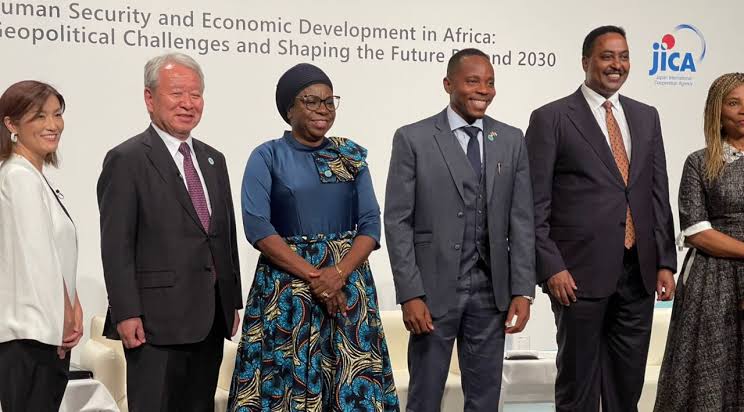An initiative by the Japan International Cooperation Agency (JICA) to foster cultural partnerships between four Japanese cities and African countries has sparked fear and outrage—fueled by media misreporting and social media hysteria.
JICA paired the cities of Imabari, Kisarazu, Sanjo, and Nagai with Mozambique, Nigeria, Ghana, and Tanzania, respectively, under its “Africa hometowns” programme, aiming to promote cultural exchange and cooperative events. But distorted coverage led many to believe it was a ploy for mass immigration or the “handover” of Japanese cities to African nations. Some misleading posts even claimed Kisarazu was being “seriously considered for handing over to Africans,” a rumour that went viral with millions of views.
Local authorities were quickly overwhelmed with calls and emails. A Sanjo official said: “Our team of 15 officials spent a whole day handling hundreds of phone calls and thousands of emails from residents.”The town reported 350 calls and 3,500 emails in one day alone, while Imabari received 460 calls and 1,400 emails from concerned citizens asking if a new immigration policy had been enacted.
Japan’s chief cabinet secretary, Yoshimasa Hayashi, dismissed the rumours, stating: “There are no plans to promote accepting immigrants or issue special visas.”
The mayors of the affected cities also moved to calm the backlash. Kisarazu’s mayor, Yoshikuni Watanabe, explained: “We previously hosted Nigerian athletes during the delayed 2020 Tokyo Olympic and Paralympic Games. This project will not lead to accepting migrants. Our aim is cooperation in youth education through baseball and softball.”
In Sanjo, mayor Ryo Takizawa stressed: “It is not true that the city has requested to accept migrants or immigrants from Ghana, and the city has no plans to make such a request in the future.”
Translation mistakes further inflamed confusion. A Tanzanian outlet described the plan as “Japan dedicates Nagai city to Tanzania,” but the Japanese rendering of the word “dedicate” became “sasageru,” which some interpreted as “sacrificing” the town.
Even the Nigerian government misrepresented the project, claiming Kisarazu was open to “Nigerians willing to live and work in Japan” under a special visa scheme. Japan’s Foreign Ministry has since asked Abuja to retract and correct the statement.
JICA has urged media outlets to issue swift corrections, stressing that the partnership is strictly cultural and educational, not migratory.
Boluwatife Enome
The post Japan’s Africa Partnership Project Sparks Outcry Amid Immigration Misinformation appeared first on Arise News.

